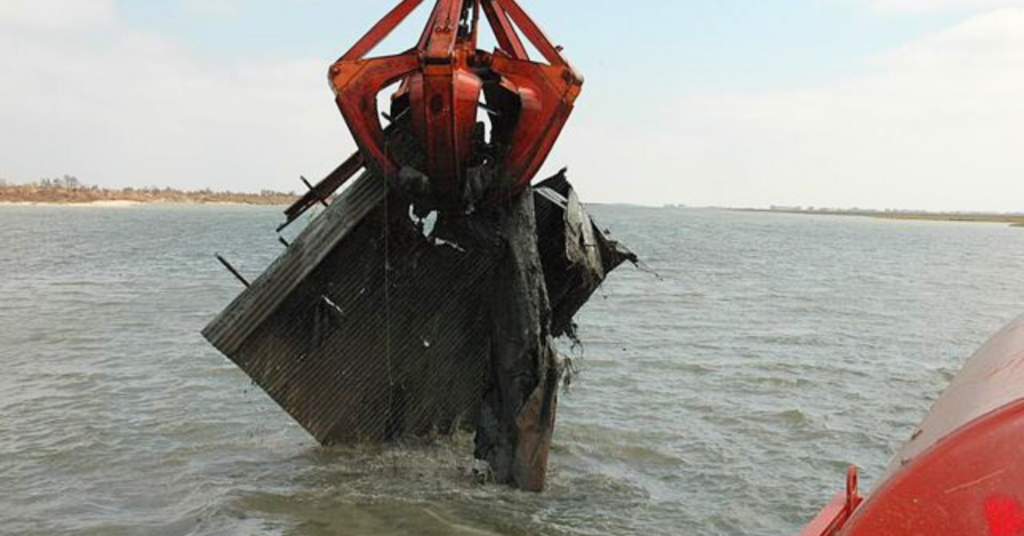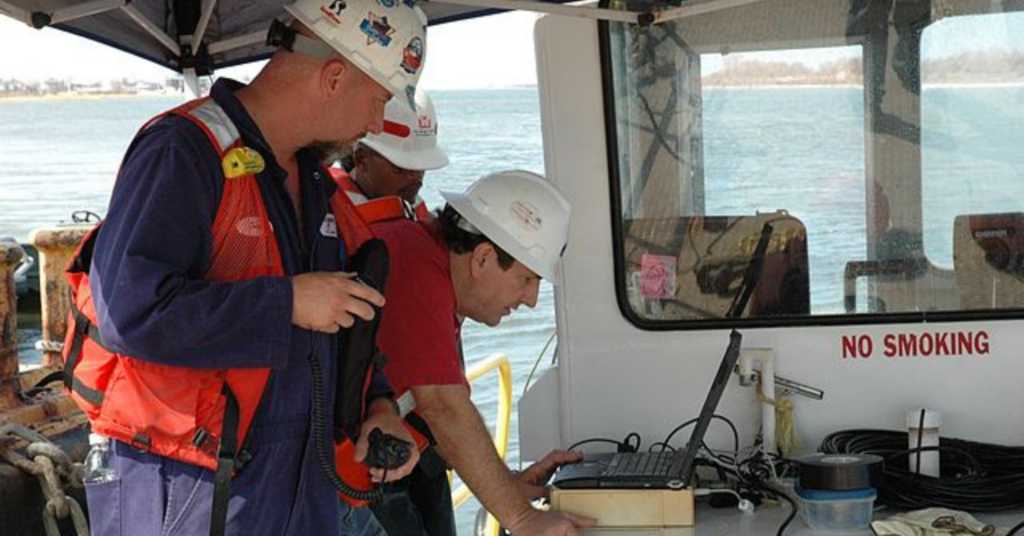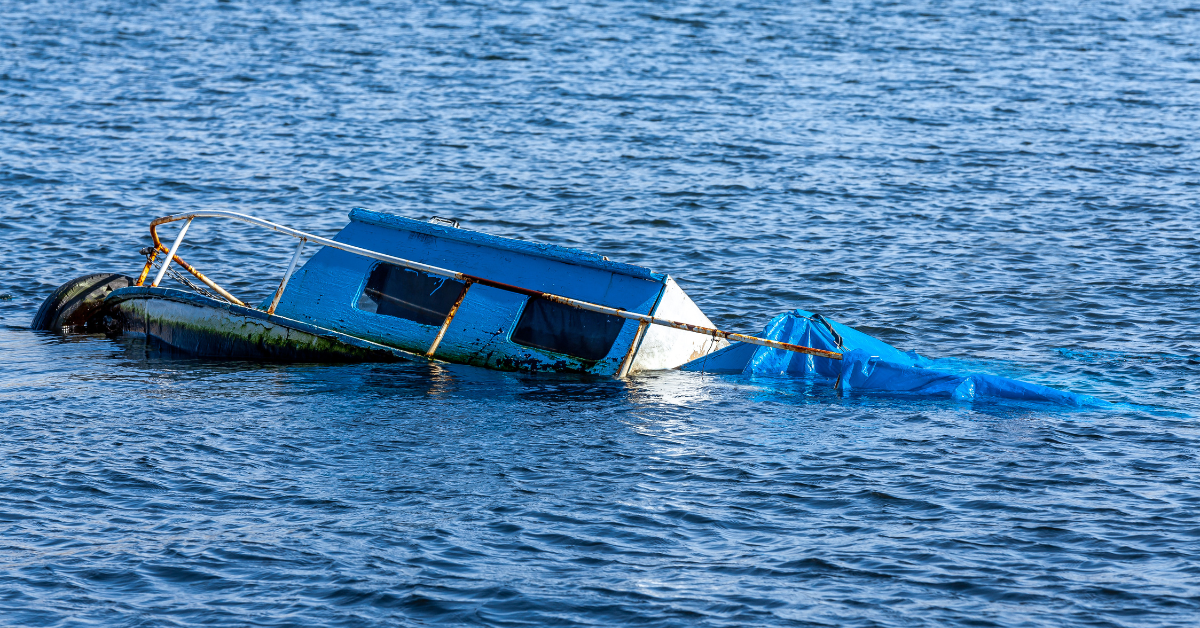Boat insurance is an essential element for any boat owner. It’s not just about protecting your investment – it’s about ensuring that you comply with legal requirements, engage in responsible boating practices, and safeguard yourself from financial loss. One key aspect of boat insurance that’s often overlooked is coverage for salvage and wreckage removal. This aspect can save owners thousands of dollars in the aftermath of an accident or mishap on the water.
What Boat Insurance Does and Why Boaters Need It
Boat insurance provides financial protection to boaters, covering a range of accidental damages, theft, and liabilities that could arise while operating a boat. Boat insurance coverage varies depending on the boat’s type, its value, and the region where it is operated. But one component that should not be compromised is salvage and wreckage removal coverage. It is necessary to cover expenses that can skyrocket in an unfortunate event involving your boat.
While boat insurance provides a blanket of security, it’s essential to understand the difference between on-water and off-water risks. Dive deeper into Navigating Boat Insurance: Coverage for On-Water and Off-Water Risks for a more comprehensive view.
Salvage Coverage in Boat Insurance

In the event of accidents or collisions, grounding, engine or mechanical failure, sinking, capsizing, or environmental damage, the salvage coverage under a boat insurance policy provides for the costs of saving your vessel. These are often unforeseen expenses, that can potentially be very high, requiring the hiring of professionals, use of specialized equipment, or expenditure on labor and materials.
The Role of Wreckage Removal in Boat Insurance
Wreckage removal coverage comes into play when your boat is involved in an accident leading to substantial damage. When the boat is deemed a total loss, this coverage becomes particularly important. It also becomes necessary in circumstances where there is a risk of environmental damage due to an accident, if the wreckage of your boat is obstructing navigation or if legal requirements mandate the removal of damaged vessels from the water.
Associated Costs of Salvage and Wreckage Removal
Typically, the associated costs that come under the ambit of boat insurance include salvage and towing fees, wreckage removal, cleanup costs, environmental protection measures, navigation hazard removal, diver and salvage team fees, and transport and disposal costs. All these can add up to a considerable amount, making it imperative for them to be included in standard boat insurance.
Exceptions or Exclusions in Boat Insurance

While boat insurance coverage is comprehensive, there are certain exceptions or exclusions pertaining to salvage and wreckage removal. These include intentional acts causing damage, failure to mitigate damage, pre-existing damage or deterioration, pollution cleanup exclusion, consequential damage, unauthorized use or lack of proper licensing, navigational limits, exceeding policy limits, abandonment, and cases of war and terrorism.
Apart from the exceptions mentioned, it’s also crucial to understand how boat insurance plays a role when facing theft or vandalism. For more on this, read our article on The Role of Boat Insurance in Theft and Vandalism Cases for Boaters.
How to Ensure Comprehensive Coverage

To have full peace of mind while out on the waters, it’s crucial to ensure that your boat insurance policy covers all possible eventualities. Here’s how:
Review your policy carefully, familiarize yourself with the insurance jargon, and ask questions to your insurance provider if any part of the policy is unclear. Ensure that your coverage limits are sufficient for your boat’s type and size and consider additional coverage if necessary. Regularly update your policy, especially when there are changes in your boat’s value, equipment, or intended use. Choose a reputable insurance provider and seek professional advice if needed. Choosing the ideal coverage is pivotal for any boat owner. To make an informed decision, check out our guide on How to Choose the Right Boat Insurance Policy for Boaters and Marine Businesses. Lastly, documenting incidents accurately can greatly aid in the claim process.
Boat insurance is more than an optional coverage for boaters – it’s a financial safeguard that offers a safety net for unforeseen circumstances. While choosing a boat insurance policy, ensure that salvage and wreckage removal coverages are part of the plan, thereby preventing any undue financial burdens. Armed with the right insurance policy, you can enjoy your time at sea without worrying about potential accidents or mishaps turning into financial catastrophes. Ensuring you’re with the right insurance company is as essential as the coverage itself. To help with this decision, our article Comparing Boat Insurance: What to Look for in an Insurance Company offers valuable insights.
Ready to Navigate the Waters with Peace of Mind? Whether you’re setting sail for leisure or heading out on a marine adventure, ensuring your vessel is adequately covered is of utmost importance. As we’ve explored, the complexities of boat insurance are vast, but specific types of boats have unique requirements. If you own or are considering owning a sailboat, it’s crucial to understand what sets its coverage apart. Learn more about sailboat insurance and ensure you’re fully equipped for all of your seafaring journeys.

